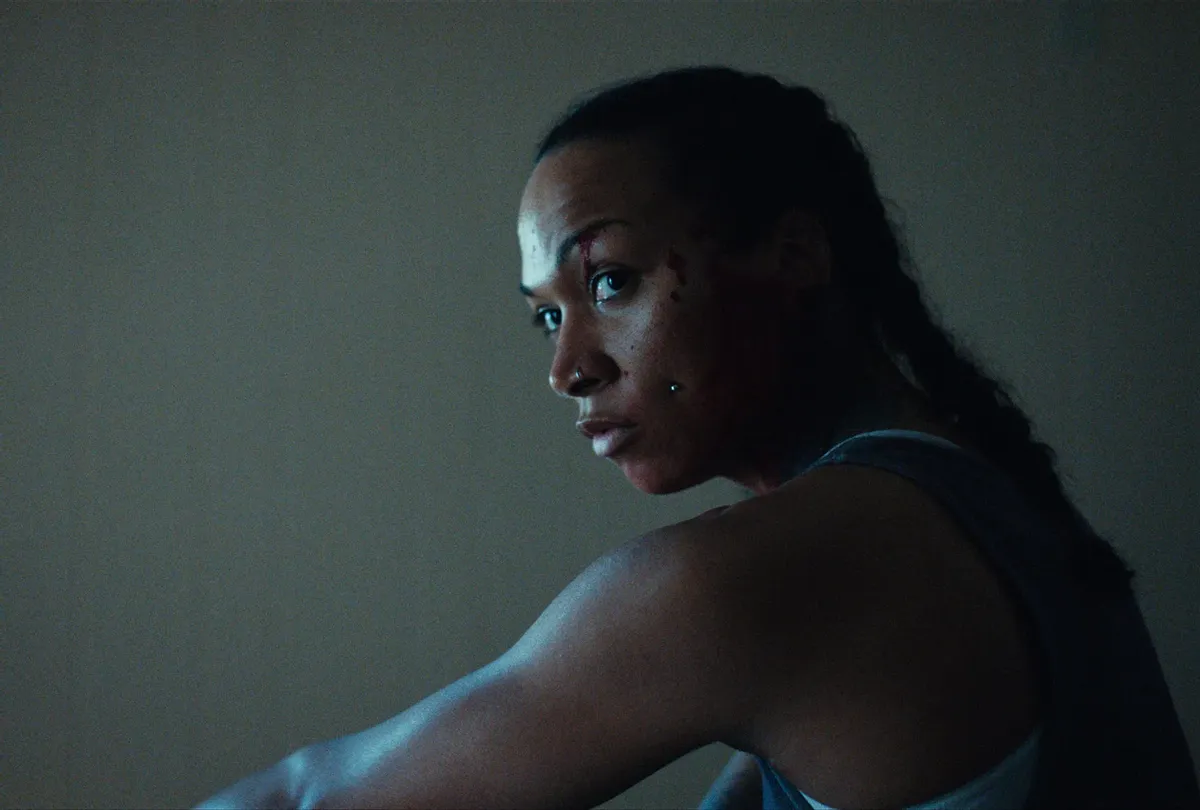“Catch the Fair One” isn’t here to make any friends. It’s coldly unceremonious and teeming with rage. Director Josef Kubota Wladkya’s sophomore feature spends every one of its 85 minutes on the razor’s edge of indignity and indifference. Early comparisons to “Taken,” generous as they may be, conjure memories of mid-budget action films mining the sex trafficking epidemic for cheap genre thrills. “Catch the Fair One” is no such endeavor, stripped of frills and unconcerned with artifice.
Born of a collaboration between Wladkya and professional boxer Kali Reis — an advocate for the Missing and Murdered Indigenous Women and Girls movement — “Catch the Fair One” stars Reis as a barely-fictionalized Kaylee. Following the abduction of Kaylee’s teenage sister Weeta (Mainaku Borrero) by a nearby sex trafficking ring, the former boxer has resigned herself to a life of waiting tables in a small-town. When Kaylee gets a tip that Weeta may be closer than she thinks, she infiltrates the trafficking ring from inside, posing as a new arrival and brutally murdering her sister’s abductors one by one, desperate to answer the only question that matters: where is her sister?
Where comparable narrative efforts could pounce on the low-hanging fruit of having a face-off between Kaylee and comically villainous archetypes, “Catch the Fair One” is often eerily casual. Michael Drayer leaves a lasting impression with his leering performance if only to remind audiences that no one in Hollywood plays a better scumbag. His character exchanges offhanded pleasantries with his victims as he forcibly injects them with heroin and passes them along to the next cog in the machine. The whole affair reeks of “business as usual,” steeping Kaylee’s journey in an air of heart-wrenching futility.
In its second half, “Catch the Fair One” reveals new ambitions, shifting its focus to Linda, the abused wife of one of Kaylee’s targets. In the role, Tiffany Chu is revelatory, allowing a storm of guilt, fear, confusion, and hope within her to rest below the surface, just enough to buy her another day. Her performance is beautifully restrained and stews with an emotionality that exists only in Linda’s faraway gaze. On the other hand, Reis is expertly juxtaposed as an unstoppable force of nature. She makes up for what she lacks in formal acting chops with a presence that resonates far beyond the traditional definition of a star-making performance.
Even when the film’s tonal missteps threaten the methodical pacing of “Catch the Fair One,” Kaylee’s descent into the seediest of underworlds remains engrossing. Reis and Wladkya’s cry for accountability and action is a sobering reminder of how prevalent sex trafficking continues to be within BIPOC communities, and how so many individuals are powerless to stop it. In its resolution, Catch the Fair One restrains from punishing the audience, but doesn’t coddle them either, emerging as one of the year’s essential films.









